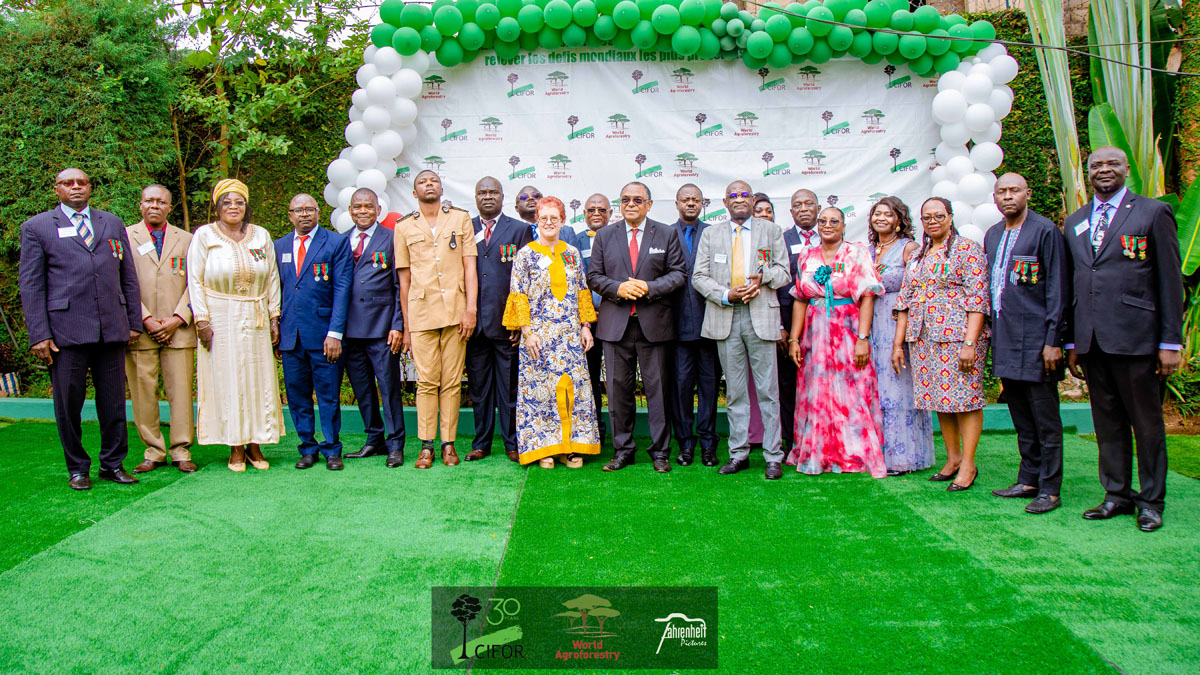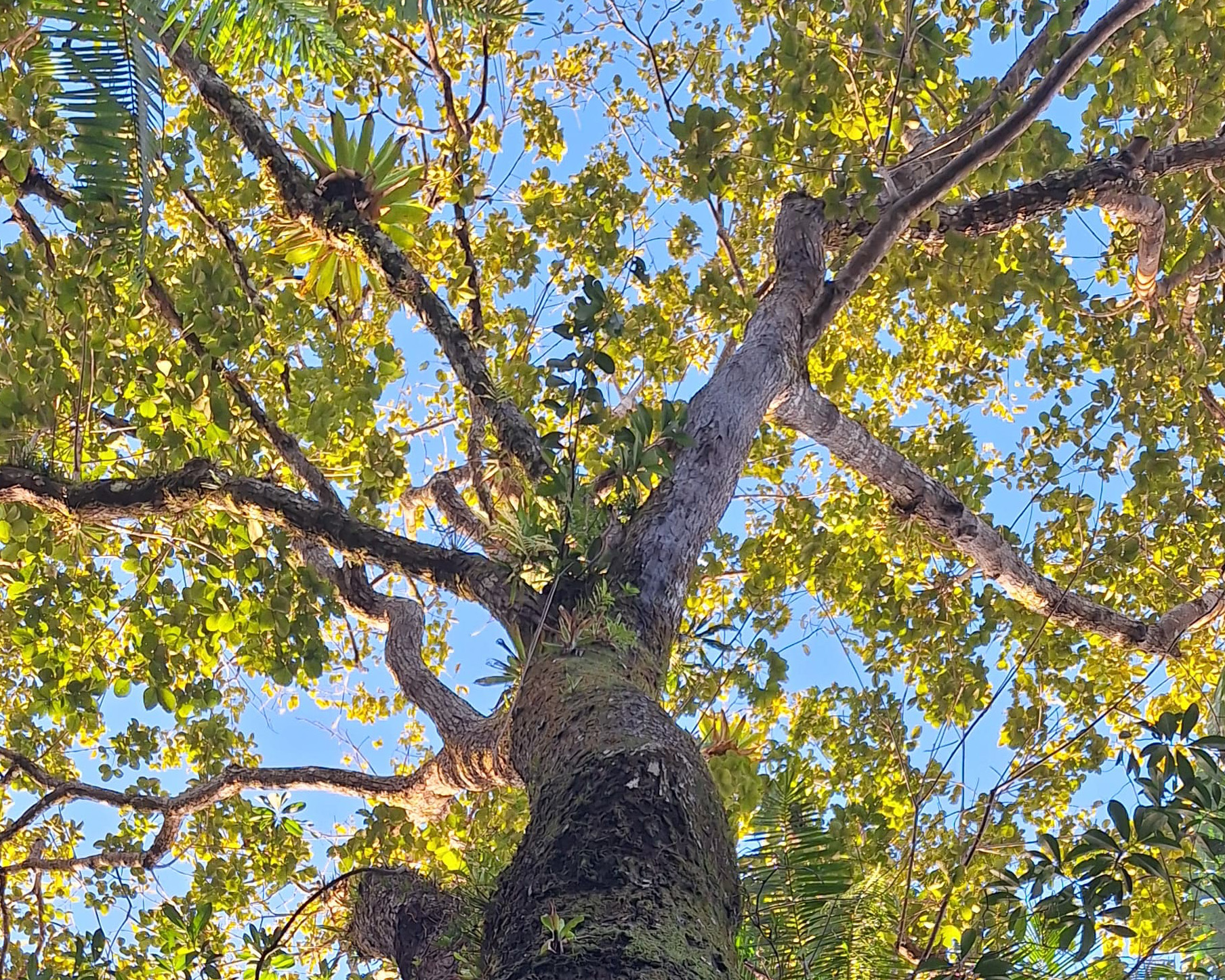DOI:
https://doi.org/10.1080/14728028.2008.9752617Altmetric score:
Dimensions Citation Count:
Publication year
2008
Authors
Language
English
Keywords
nontimber forest products, indigenous knowledge, ecology, forest management, sustainability, rural communities, monitoring, participation, community forestry, criteria and indicators
Geographic
Brazil, Namibia, Philippines























